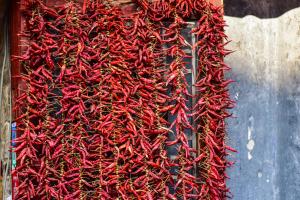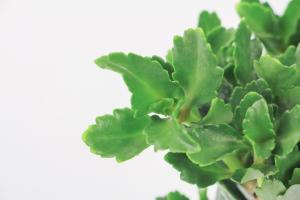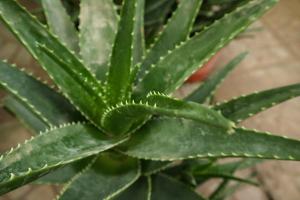Will Tap Water Kill My Pitcher Plant?
Pitcher plants are fascinating carnivorous plants that require specific growing conditions in order to thrive. In addition to adequate sunlight and a moist environment, pitcher plants also require a certain type of water to survive. For many growers, the question of whether tap water will kill a pitcher plant is a common one. Here, we explore the answer to this question and provide valuable insights for those who are interested in growing pitcher plants.
The Basics of Pitcher Plant Watering
Before answering the question of whether tap water is safe for pitcher plants, it's important to first understand the basics of watering these plants. Pitcher plants are unique in that they are carnivorous and draw their nutrients from insects that get trapped in the plant's pitchers. However, pitchers also require a certain level of moisture in order to support this process.
Watering a pitcher plant can be tricky, as they require a delicate balance of hydration. Over-watering can lead to root rot and other issues, while under-watering can lead to a lack of nutrients and a weakened plant. As a general rule, it's important to keep soil moist but not waterlogged, and to avoid getting water on the leaves, which can damage the plant and inhibit its ability to capture insects.
The Risks of Tap Water for Pitcher Plants
So, can you safely water pitcher plants with tap water? The answer depends largely on the quality of your tap water. In many cases, tap water contains minerals and other impurities that can be harmful to pitcher plants. For example, chlorine and fluoride are common additives in many municipal water supplies, and these chemicals can be harmful to pitcher plants if present in high concentrations.
In addition, tap water may have a pH level that is unsuitable for pitcher plants. These plants prefer a slightly acidic growing environment, with a pH range of around 4.5-5.5. If your tap water is too alkaline, it can cause the soil pH to rise and make it difficult for your plant to absorb nutrients.
The Benefits of Rainwater or Distilled Water
The good news is that there are alternatives to tap water that can provide the optimal growing conditions for your pitcher plant. Two of the most effective options are rainwater and distilled water.
Rainwater is naturally free of the additives and impurities found in tap water, making it an excellent choice for pitcher plant watering. However, it's important to collect rainwater in a clean, food-grade container to avoid contamination. In addition, it's wise to filter the water to remove any debris or pollutants that may have entered the rainwater during collection.
Distilled water is another great option for pitcher plant watering. Distillation removes impurities from the water, making it ideal for plants that are sensitive to mineral buildup. However, it's important to note that distilled water lacks the nutrients found in other types of water, such as rainwater or tap water.
Conclusion
In conclusion, tap water can be harmful to pitcher plants if it contains high concentrations of minerals or has an unsuitable pH level. Fortunately, alternatives such as rainwater or distilled water provide excellent options for growing healthy, vibrant pitcher plants. By using the appropriate water and following best practices for watering these unique plants, growers can enjoy the beauty and intrigue of pitcher plants for years to come.

 how many times do yo...
how many times do yo... how many planted tre...
how many planted tre... how many pine trees ...
how many pine trees ... how many pecan trees...
how many pecan trees... how many plants comp...
how many plants comp... how many plants can ...
how many plants can ... how many plants and ...
how many plants and ... how many pepper plan...
how many pepper plan...































